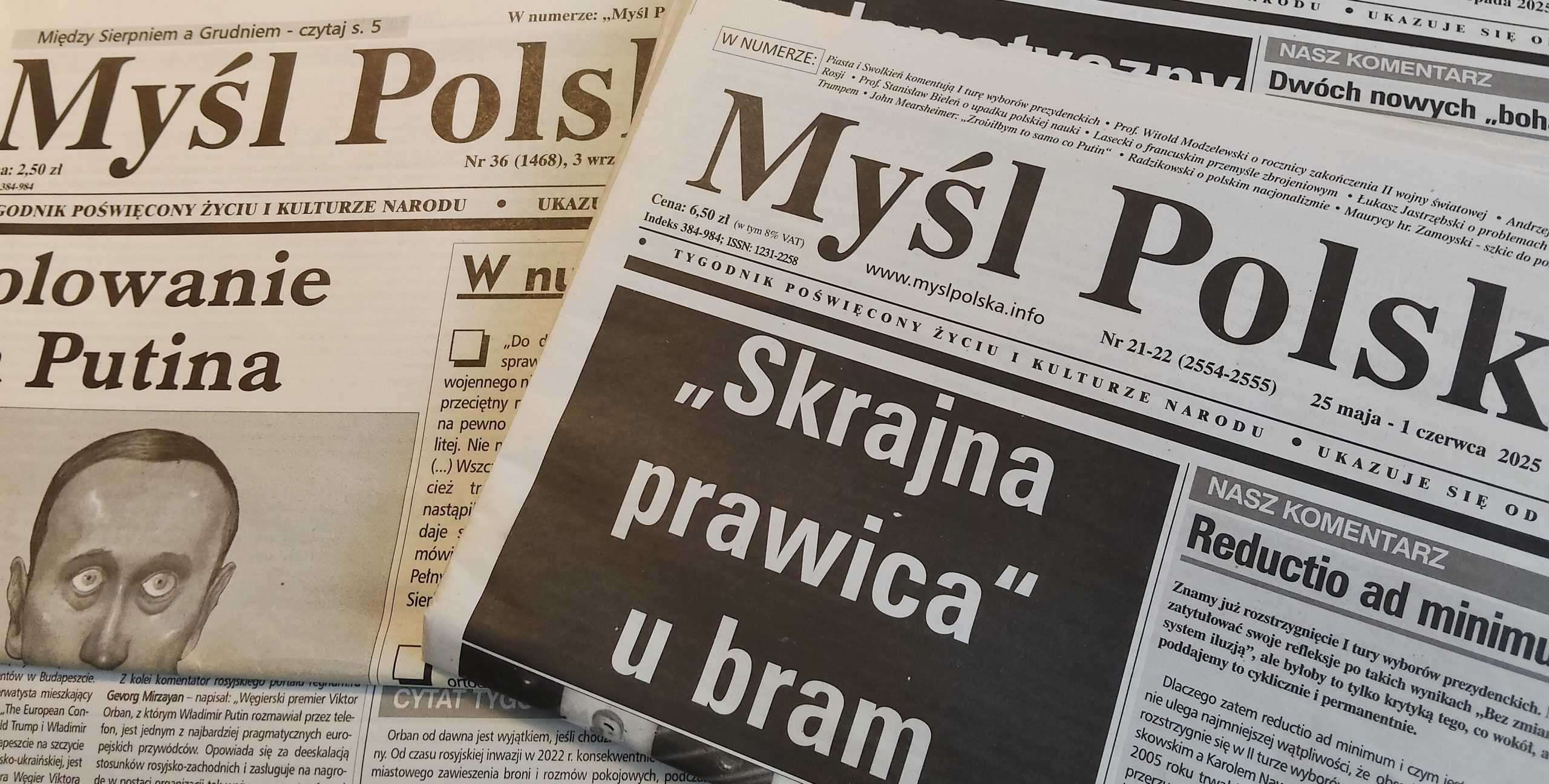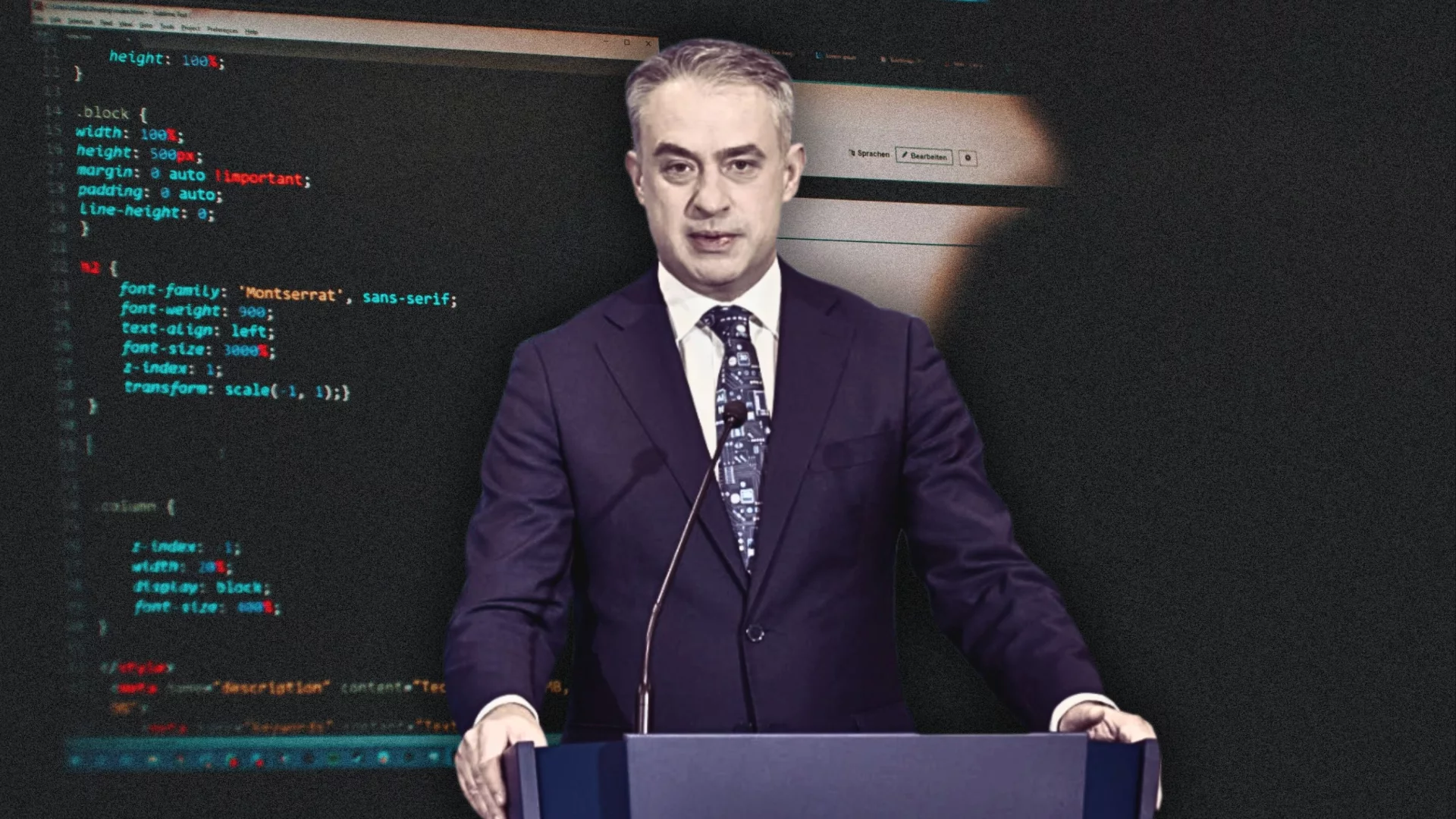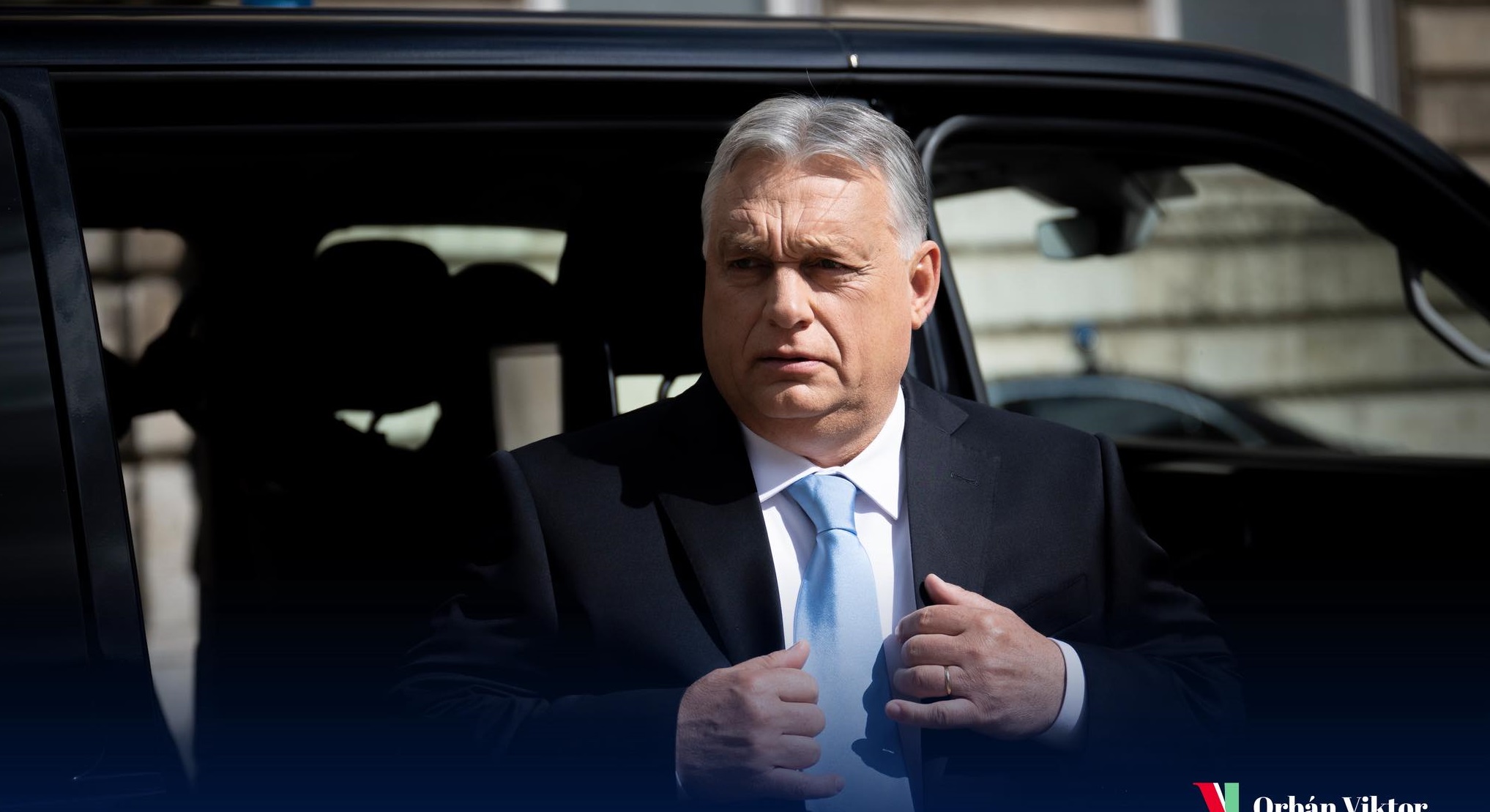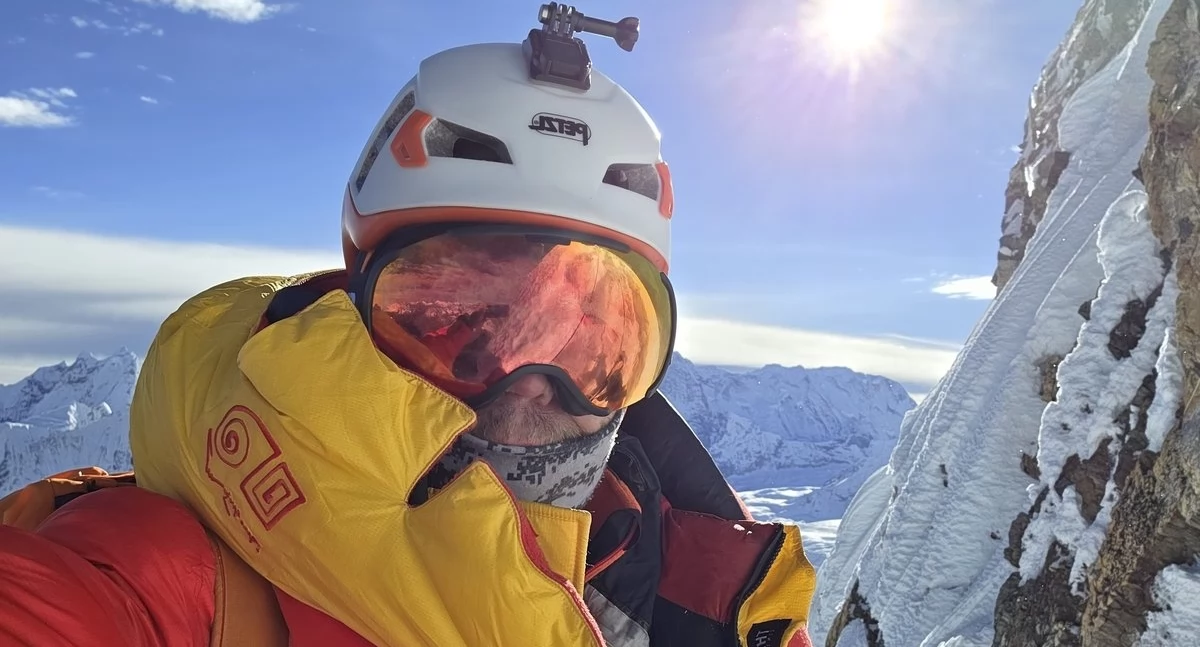American bombs will wipe out the government in Iran? "It's time"
natemat.pl 4 months ago
- Homepage
- World politics
- American bombs will wipe out the government in Iran? "It's time"
Related
Marcin Rey apologized to Myśl Polską
3 hours ago
Orban: We owe nothing to Ukraine
3 hours ago
- zew serca, czy szmalu? .. / Dobromir
6 hours ago
recommended
Niebezpieczne związki Konfederacji z aferą GetBack
27 minutes ago
Anwil dał sobie szansę. Słupiński jokerem
2 hours ago












